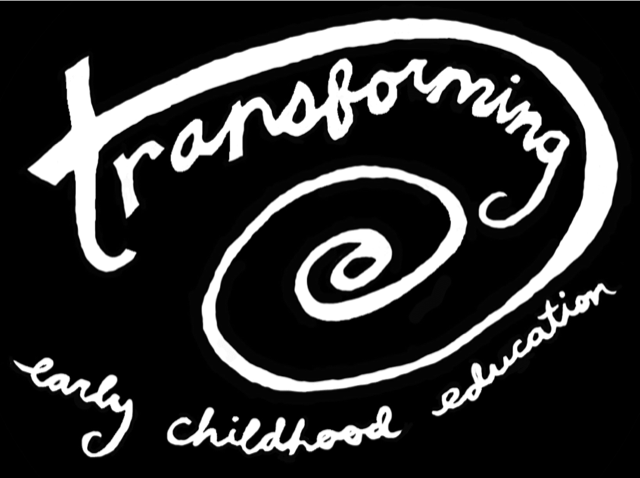THE POWER OF FRIENDSHIP
"In poverty and other misfortunes of life, true friends are a sure refuge. They keep the young out of mischief; they comfort and aid the old in their weakness, and they incite those in the prime of life to noble deeds." Aristotle
I once read a study on friendship that stated that children need at least one close friend throughout their primary and secondary education to have successful school experiences. As the parent of a high schooler, I can tell you that this is true.
The basis for building successful friendships begins early in life. During these early years, children learn how to navigate the tricky friendship waters. They are learning how to be patient when it doesn't seem possible, how to be kind even when unkind things are happening, how to be flexible, how to listen, how to comfort, how to share, how to be empathetic, and how to formulate a meaningful apology.
The key to learning these skills is to experience friendship conflicts. In my PreK/K classroom, we spent an enormous amount of time learning to be a good friends. This meant that as their teacher, I was not solving friendship conflicts. My role was to facilitate problem-solving strategies. I was there to help the children communicate their feelings and guide them towards a solution. I never required someone to say they were sorry, as this diminishes the meaning of "I'm sorry." Instead, I offered phrases that applied to each particular conflict scenario.
One day a group of friends had a conflict during recess with big feelings. This group of friends struggled to come to an agreeable solution, so they decided to take a break. When we returned to the classroom for lunch, the big feelings lingered. SOMETHING MAGICAL HAPPENED because I didn't step in to solve the conflict. The friends started sharing their feelings about the conflict as they ate. There was no yelling or crying, just a simple discussion. A discussion where "I statements" were used—a conversation where authentic and meaningful apologies were made. A discussion led to smiles, laughter, and plans for best friend playdates.
It's hard to believe a group of 4-6-year-olds stepped away from a high emotional conflict, reflected on the situation, had a calm conversation, and came to a resolution where everyone was heard and respected. Sounds a little like magic, right?
Understanding the importance of friendship and navigating the different situations that arise in early childhood is an essential skill for parents and educators. It had nothing to do with magic or luck. That moment was a combination of dedicated adults modeling, acting out, and scaffolding different relationship and conflict situations. That moment was months of the children learning that while I was there for support, I was not going to intervene and solve the problem for them. They put into practice the skills they learned through social-emotional lessons and past conflicts to come back to a place of kindness and friendship.
Being the parent of a high schooler, I cannot express the power you are instilling in your child when you don't always come to their rescue. There is a time when you feel as if you can solve every problem for your child, but this is no longer true as they get older. Be a friendship facilitator, not a problem solver!


